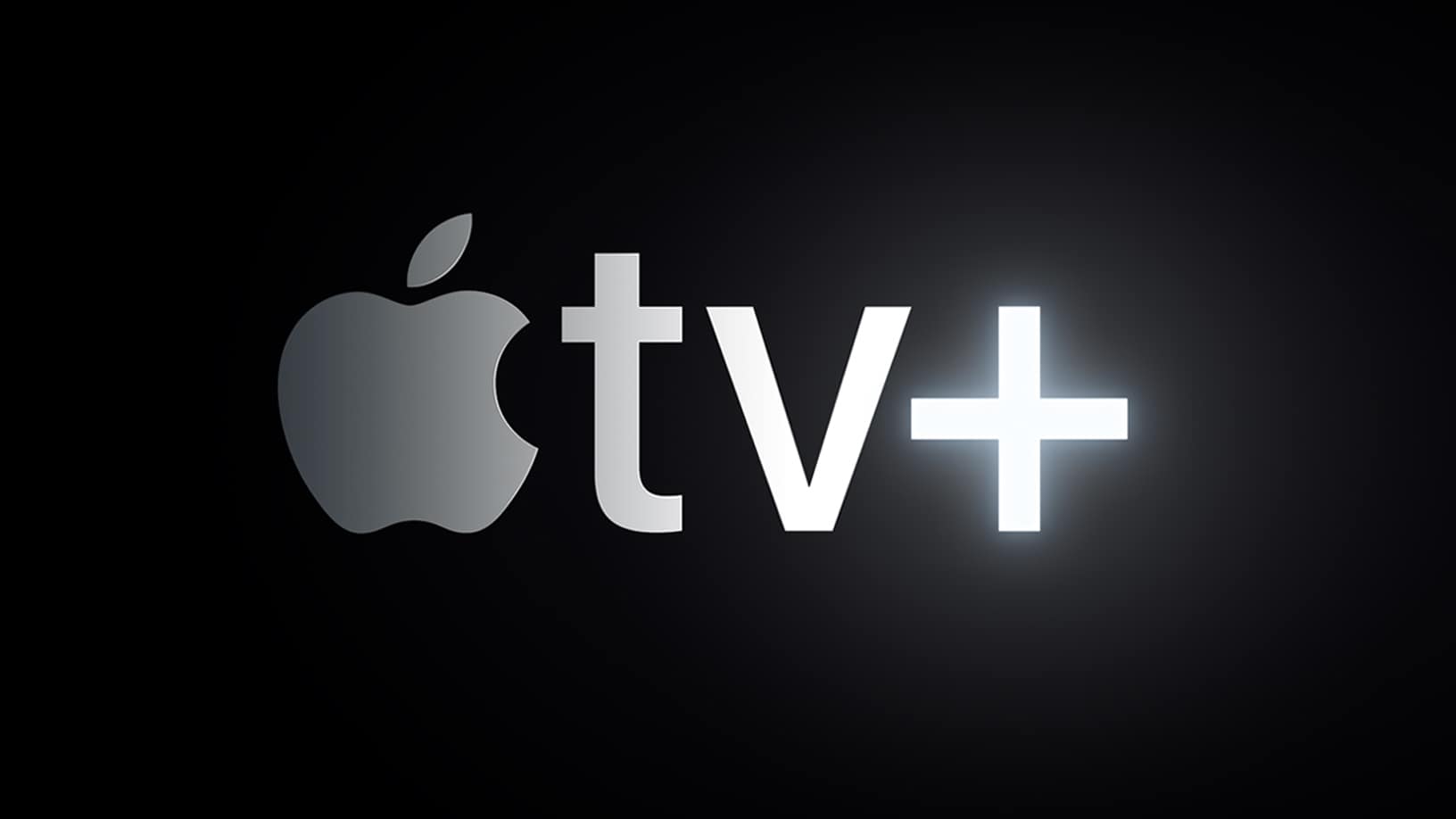Apple (NASDAQ: AAPL) shocked investors this week when it announced that it would be giving away a free year of Apple TV+ to anyone who buys a new device. It’s an uncharacteristically generous offer — particularly when considering some of the low-cost devices that are eligible for the promotion — that highlights how aggressively Apple is trying to grow its services business.
However, the way Apple will have to account for the free service could weigh on investor sentiment, according to one Wall Street analyst. Here’s what investors need to know.
How the promotion could hurt hardware revenue
CNBC reports that Goldman Sachs has cut its price target on Apple shares from $187 to $165 while reiterating its neutral rating. Analyst Rod Hall believes that Apple will account for the promotion as a $60 discount that will impact how the Cupertino tech giant recognizes revenue.
“Effectively, Apple’s method of accounting moves revenue from hardware to Services even though customers do not perceive themselves to be paying for TV+,” Hall wrote in a research note to investors. “Though this might appear convenient for Apple’s services revenue line it is equally inconvenient for both apparent hardware [average selling prices] and margins in high sales quarters like the upcoming FQ1′20 to December.”
The analyst argues that Apple will apply the discount to the entire bundle of hardware and software, effectively hurting reported hardware revenue and related metrics. Average selling prices (ASPs) might take a roughly 7% hit in the fiscal first quarter as a result, according to Hall’s estimates.
Shifting to services
It’s worth remembering that Apple has always set aside a portion of hardware sales related to free services that come with the devices as well as future software updates. That amount is then deferred and recognized over time. This necessary accounting practice is the primary driver of deferred revenue, which totaled $8 billion at the end of the second quarter.
When Apple revamped its financial reporting for fiscal 2019 to separate products and services, it started shifting those deferrals over to its services segment. “Additionally, beginning in the [fiscal] first quarter of 2019, the Company classified the amortization of the deferred value of Maps, Siri and free iCloud services, which are bundled in the sales price of iPhone, Mac, iPad and certain other products, in services net sales,” the company notes in regulatory filings.
Over the past few years, Apple has been trying to shift investor focus away from hardware to instead better appreciate the services business. With the accounting treatment potentially hurting hardware results while bolstering services revenue, the investor reaction will show whether Apple has been successful in those efforts.










